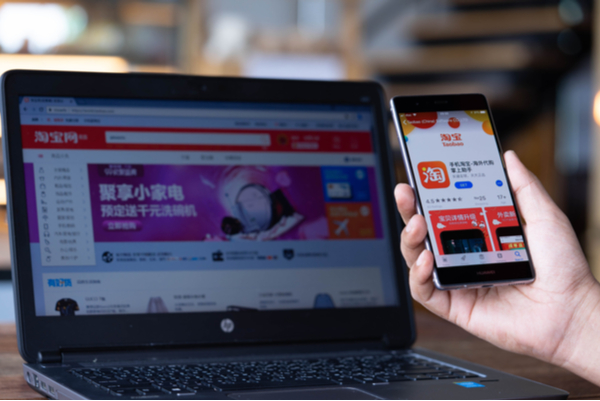SEO Winning During the COVID-19 Pandemic
- May
- Knowledge
- Hits: 788
COVID-19 has forced companies to make tough decisions, not least of which is how best to allocate limited budgets. As companies anticipate limited consumption of most products and services due to limited movement, rising unemployment, and lower wages, marketing budgets have been slashed accordingly. With consumer behaviour favouring online experiences due to lockdowns, many businesses are focusing on their digital marketing strategies. However, not all online strategies such as paid media, organic search, content marketing, and email marketing, work for every business.
According to research by Conductor (including brands like: Citi, SAP, HP, Siemens, and WeWork) 63% of marketers believe that SEO works best during COVID-19, where 5% of marketers said that it is least important during this period. Stats from 2019 showing that SEO was the top-performing digital channel according to marketers at 66% effectiveness (50% for paid search, 50% for email marketing, 26% for content marketing, 26% for digital advertising) support the prioritization of SEO.
Therefore, the first strategy that most marketers will invest in is their own website. SEO not only helps the website rank higher but is also a long-term strategy at a relatively low cost.
Here are some basic SEO tips to keep your website optimized:
1. Focus on both keywords and phrases
Exact keyword and phrase matching work best for search engine rank results for specific queries. Use Google’s Keyword Planner for ideas as well as Google Search Console to see what queries are bringing traffic to your site.
2. Optimize the pages for Google’s crawler
Once you have the lists of potential keywords and phrases, the next step is to optimize the website. Create content that aligns with user search intent, working your keywords and phrases into headings and paragraphs. The pages should also be well structured and easy to navigate for users. Other than the content on the website, user experience (UX) (includes loading speed, mobile-friendliness, navigability) is another factor that marketers have to be aware of when developing the website.
3. Build trustworthy backlinks
Search ranking is greatly improved with quality backlinks. To give you an idea, backlink is like an online referral and could be from users who used your products or services and wrote reviews or refer to your business with the URL of your website on their pages or blogs. It doesn’t mean that you can ask anyone or any pages to review your products/services and put your link on their website. Don’t forget that behind the scenes, there’s a Google algorithm that will measure the website quality and source of traffic that drives traffic to your website. For example, if you sell cosmetics but you ask influencers or pages that have nothing related to cosmetics or beauty, the traffic that comes from those sources is of no value.
4. Tracking SEO performance
What gets measured gets improved. Given that SEO is a never-ending process, it’s essential to measure performance regularly. Ranking goes up and down, based not only on your activities, but the activity of your competitors as well.
Whatever industry you are in, the COVID-19 pandemic has an impact on all businesses globally. We all must adapt to survive. If you have never thought of developing a website or optimizing your website and online presence before, maybe this is a great time to start. We can help.






 Knowing what to expect is a must for preparation
Knowing what to expect is a must for preparation